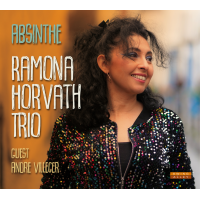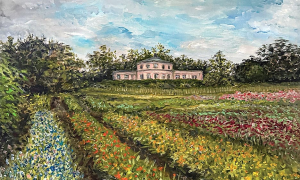
'Master' sounds a little presumptuous," said Lee Konitz “So I looked it up in the dictionary." Arriving at “eminent," he said, he kept looking. Then he came to a definition that felt right: “noteworthy." Mr. Konitz dropped that word as a punch line, eliciting groans as well as applause. It was an endearingly goofy moment in an evening girded with serious intentions. Sponsored and bestowed by the National Endowment for the Arts, the Jazz Masters awards have been a rare public accolade for jazz since they began in 1982.
The ceremony, presented this year in affiliation with Jazz at Lincoln Center, celebrated the “incoming" class of inductees: along with Mr. Konitz, they were the trumpeter Snooky Young, the harmonica and guitar player Toots Thielemans, the recording engineer Rudy Van Gelder, the drummer Jimmy Cobb and the guitarist and singer George Benson.
Dana Gioia, chairman of the National Endowment for the Arts, served as host of the program, which included laudatory biographical films. All but a couple of the recipients performed, winningly, with the Jazz at Lincoln Center Orchestra. (Mr. Young and Mr. Van Gelder instead received dedications.) The introductions were the provenance of past Jazz Masters, chosen by the honorees.
That last element helped make a formal occasion feel warm and welcoming. When the trumpeter Gerald Wilson (class of 1990) and the saxophonist Frank Wess (2007) recalled meeting Mr. Young some 70 years ago, they brought reserves of old-guy wit and bluster to the stage. The trombonist Tom McIntosh (2008) welcomed Mr. Benson in avuncular fashion, as an elder making room at the table. The alto saxophonist Phil Woods (2007) saluted Mr. Konitz as a peer, but with a touch of awe: “If anyone was ever overqualified to be a Jazz Master, it's Lee Konitz."
There's credible weight behind “the central significance of jazz to our nation's history and values," as Wynton Marsalis, the artistic director of Jazz at Lincoln Center, put it in his opening comments. But the evening showed how the greatest testament to jazz's power might simply be the lifelong commitment of its practitioners.



























